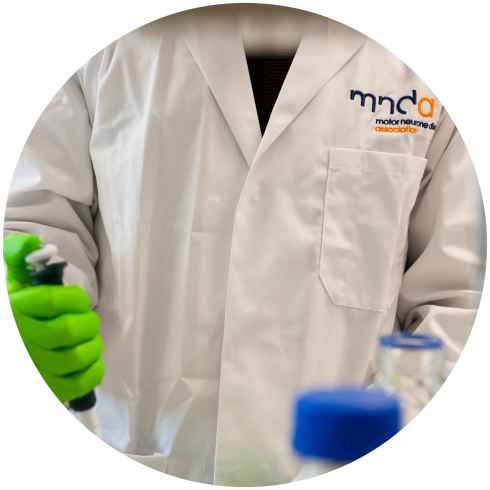Looking at a more personalised medicine approach for MND by using machine learning to find MND subgroups.
Principal Investigator: Dr Alfredo Iacoangeli
Lead Institution: King's College London
MND Association Funding: £166,384
Funding dates: October 2019 - March 2025
About the project
Current classifications of MND do not readily translate to relevant subgroups for treatment, nor do they reliably predict clinically important factors like survival. Machine learning is a method to use computers to find patterns in data. A particular form of machine learning, latent class cluster analysis, was previously applied to clinical information from neurologists and showed that MND can be considered as five subtypes. These subtypes strongly predicted survival, and more recently were the basis of a genetic study that found two genes that predict disease progression rate. Biological information can now be used to refine the subgrouping further to find new subtypes of MND for personalised medicine.
What could this mean for MND research?
MND is a highly complex disease, with lots of different biological pathways affected. As such the biological pathways affected can differ in people living with MND. It is thought that a range of different new therapies will be needed to be effective for everyone living with MND. This project will look to further previous research by using a different approach to sub-grouping. Using sub-groups may then help us understand why treatments may be more beneficial to one group over another. This will then help in the development of potential treatments for all the different sub-groups of MND. As well as helping us move to a more personalised approach to treating MND.
Resources
Project code: 869-791
